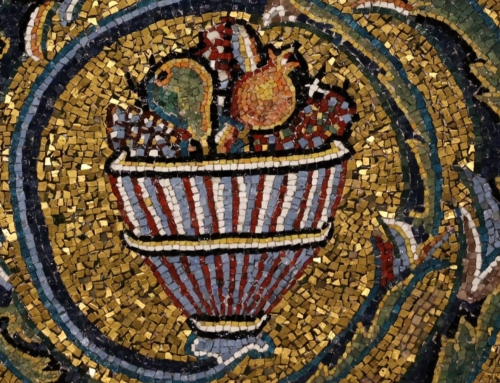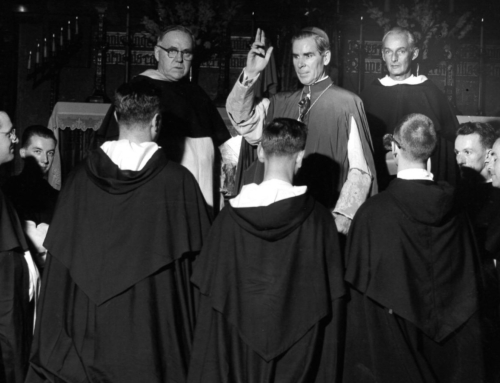Full disclaimer: I didn’t watch the 2020 Super Bowl halftime show.
But I’ve heard about it. And I’ve read about it.
Many praise the performance as a celebration of women and an expression of Latino culture.
Others criticize the show for being “too sexy,” “not family-friendly,” and “pornographic.” One Catholic commentator goes so far as to call it a “televised sexual grooming session.”
Suffice to say, this disparity of opinion doesn’t surprise me.
Last September, when the NFL first announced its co-headliners for the 2020 Super Bowl halftime show, I groaned. After all, I graduated from high school in 2010, when J. Lo was 40 years old and Shakira, 33. But I didn’t groan because they were now 10 years older, as if I was scandalized by their age or appearance; no, I groaned because of who they are and who they claim to be. I didn’t groan because their brand hasn’t changed during the last decade or so, as if I was disappointed by their music or career; no, I groaned because of what they do and whom they claim to do it for.
Our culture is saturated in sex, and the modern music industry is no exception. The industry lends itself to a subtle but no less perverse kind of sexual promiscuity, where the performer is given license to masquerade on any and every stage in the name of artistry and creativity. To accusations of porn, representatives of the industry defend their beloved stars on whatever grounds necessary, not shying away from one of the most subversive and deceptive of principles: absolute freedom of expression.
We know this about the music industry, and we know it well. But no matter how vigilant we may be in guarding our loved ones from the horrors of porn, and no matter how conscientious we may be in protecting the impressionable minds of our children, this sexualized culture will forever retain its capacity to shock, especially when the biggest stage in the world enters our homes each year.
And the masquerade will continue, because many performers have not grasped the full implications of what they do and whom they claim to do it for.
Recently, J. Lo defended her Super Bowl halftime show performance in an interview with Variety’s Marc Malkin at the Independent Spirit Awards. When Malkin told her that some had criticized her show for being “too sexy,” she laughed and said in reply, “I think that’s honestly silliness.”
She continued, “Both of us are really respectful performers who are moms and have kids and are very conscious of what we do. We did a show that I believe was a celebration of women and our Latino culture that I think was really well received. And that small faction of people who want to be negative about it, I can’t even let in because it was such an amazing night.”
She went on, “The message of standing up for yourself, being a woman, that’s what I want to pass on to little girls. You’re strong, you’re beautiful—everything about you—be proud of it,” she said. “I’m very proud of the performance that night.”
With all due respect to Ms. Lopez, I’ve heard from and read more than a “small faction of people” who reported that no message of empowerment, no message of “standing up for yourself” was conveyed at the Super Bowl halftime show. Those of us who have tried to be vigilant in guarding our loved ones from the horrors of porn, who have tried to protect the impressionable minds of our children, received instead a resounding message of disinterest, even disdain, for our admittedly difficult cause. Those of us who have tried to pass on to little girls an authentic femininity that is both “strong” and “beautiful” were unduly compromised by the reported gyrating and pole-dancing that transpired on the stage.
J. Lo and Shakira are, indeed, well-respected performers of the music industry. They are moms and have kids and are very conscious of who they claim to be, which is to say, role models for little girls. But what they do and whom they claim to do it for, is not, in the end, for little girls. It is for advancing a lie that has infiltrated our culture and saturated it with sex: that promiscuity is empowerment.
✠
Photo by Glenn Carstens-Peters on Unsplash







